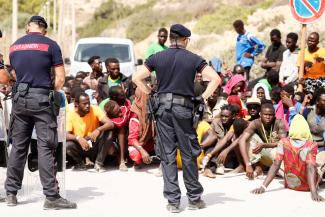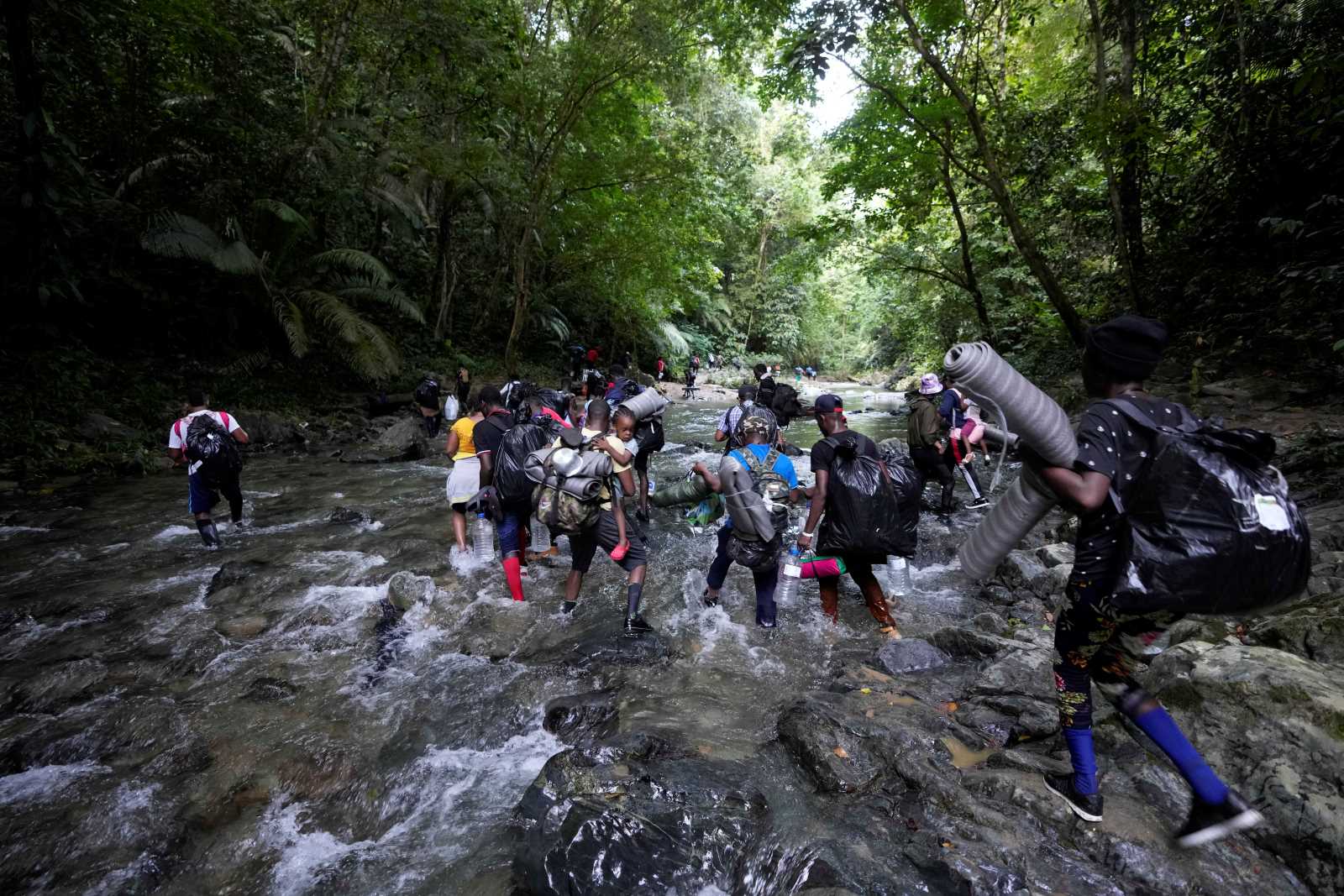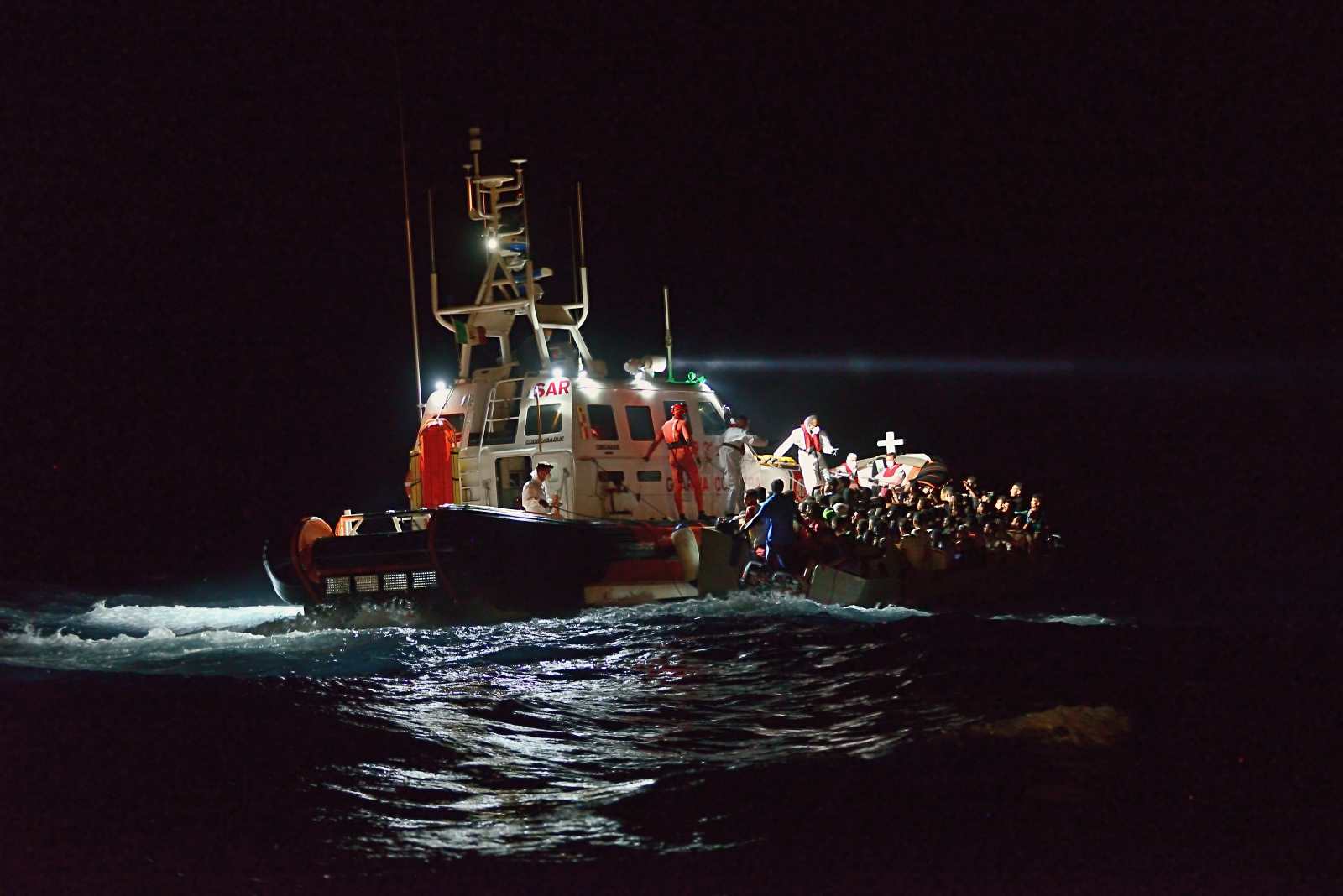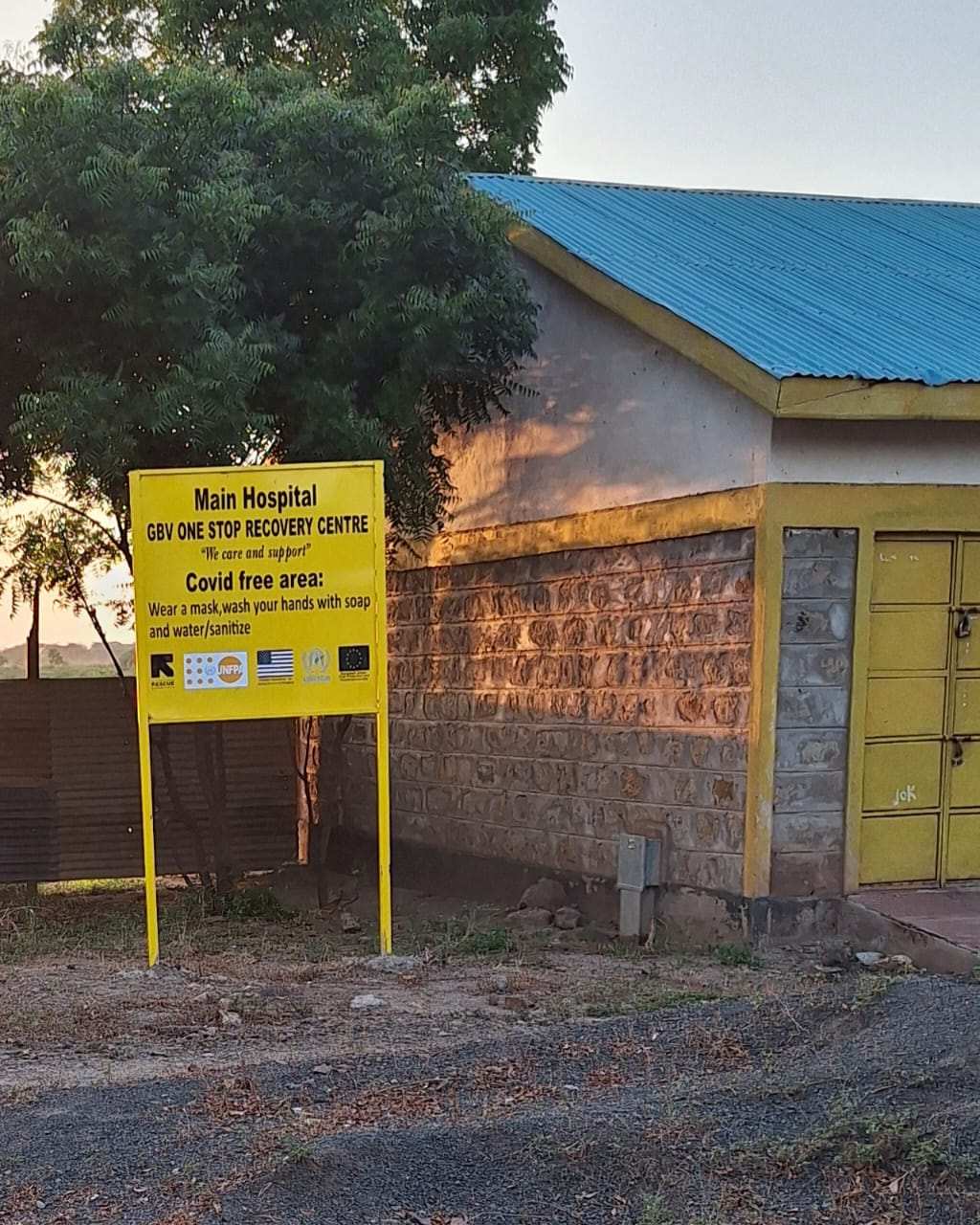Our View
Abandoning our own values

Europe is a major destination for international migration. In 2023, over a million people applied for asylum in the European Union, and the numbers this year will likely be similar. In December, the EU decided to tighten its asylum rules. This is a catastrophic move for political, moral and economic reasons.
The EU actually has the economic and political means to grant many people asylum and integrate them into its democratic systems. It sees itself decidedly as a liberal power that demands peace, justice, democracy and human rights both from its member states and governments worldwide. Ursula von der Leyen, president of the European Commission, has repeatedly presented the EU – alongside the USA – as an advocate of a so-called rules-based world order.
The consequence is that people who are seeking protection from war or political persecution must receive it in Europe – quickly and under humane conditions. The EU bears particular responsibility for climate refugees. Its member states are among the leading contributors to global heating.
In the eyes of those wanting to flee poverty at home, strong EU economies present an opportunity. At the same time, the ageing societies of Europe are in desperate need of skilled and unskilled labour, for instance in agriculture or the health sector. It is in their interest to quickly integrate people with a right to stay into the labour market.
Regarding migration, however, the EU is not living up to its high standards. Human rights have long been violated along its external borders. Aid organisations describe conditions in refugee camps as inhumane.
With the latest tightening of its asylum rules, the EU is once again moving further away from its own values. Asylum proceedings are now supposed to take place at external borders. Until a decision on an asylum application is reached, everyone – single travellers as well as families with children – can be placed in “reception camps” under detention-like conditions.
Far-right and populist forces are de facto dragging Europe’s democratic parties along. Established parties believe that in order to win back votes, they have to shift to the right – at the expense of people seeking protection. But they should take a close look at who they are aligning themselves with. At the end of 2023, representatives of the far-right party “Alternative for Germany” (AfD) met with other right-wing extremists to discuss expelling millions of people with migratory backgrounds from Germany.
The situation is serious. Although hundreds of thousands of people reacted by demonstrating for democracy in German cities, the AfD could still become the strongest force in multiple state elections this year. In other EU countries like France, Italy or Hungary, right-wing nationalist forces have either gained strength or have long since been in government. They often suggest that rich nations are being overrun by refugees. Yet according to the International Organization for Migration (IOM), around 85 % of refugees stay in their home regions. They are often taken in by neighbouring countries that are economically weak themselves.
Many of these countries could serve as an example to the EU. If it does not want to lose its credibility, the EU must uphold its professed values more consistently – especially when it comes to migration policy.
Katharina Wilhelm Otieno belongs to the editorial team of D+C/E+Z.
euz.editor@dandc.eu
















